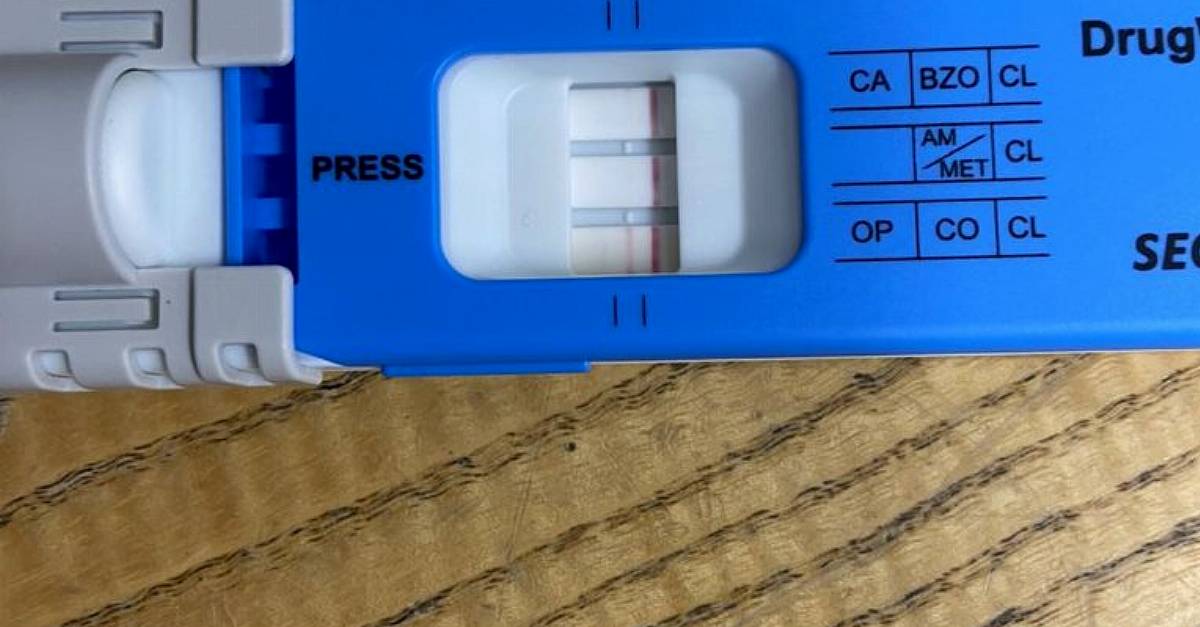Sony Shuts Down Firewalk Studios After Unsuccessful Game Launch
Sony Interactive Entertainment has announced the closure of Firewalk Studios, the development team behind the recently launched PlayStation game, Concord. The decision comes in the wake of a disastrous launch, as the game failed to meet sales expectations and was taken offline just two weeks after its debut. Alongside Firewalk, Sony will also shut down Neon Koi, its mobile game studio. As the video game industry faces a wave of studio closures, the future of some impacted developers hangs in the balance.
A Troubling Launch: The Rise and Fall of Concord
Concord made its debut on August 23 for both PlayStation 5 and PC but quickly succumbed to disappointing performance metrics. Shortly after its launch, Sony pulled Concord from their platforms on September 6, just 14 days into its lifecycle. Initial sales estimates indicated a dismal performance, with numbers falling below 25,000 units. The game’s peak player count on Steam barely reached 697, an alarming figure when compared to contemporaries like The Lord of the Rings: Gollum.
In a statement to PlayStation staff, Hermen Hulst, the CEO of the PlayStation studio business group, expressed regret over the game’s performance. “We have spent considerable time these past few months exploring all our options,” Hulst noted. “After much thought, we have determined the best path forward is to permanently sunset the game and close the studio. I want to thank all of Firewalk for their craftsmanship, creative spirit, and dedication.”
Moving Forward: Insights from Sony Leadership
Despite the setbacks, Hulst reassured stakeholders that lessons learned from Concord will inform Sony’s ongoing strategy to enhance its live service capabilities. “Concord didn’t hit our targets,” he explained, “and we will take these lessons to continue to advance our live service capabilities to deliver future growth in this area.”
The Fate of Neon Koi
Additionally, the closure of Neon Koi, originally acquired as Savage Game Studios in 2022, reflects Sony’s shifting priorities in the mobile gaming landscape. The studio was working on an unannounced AAA mobile live service action game, but this will not be moving forward. While Hulst emphasized that “mobile remains a priority growth area,” the decision to shut Neon Koi underscores a strategic pivot as the company recalibrates its approach to game development.
“With this re-focused approach, Neon Koi will close, and its mobile action game will not be moving forward,” Hulst stated. “Both decisions were given serious thought, and ultimately, we feel they are the right ones to strengthen the organization.”
Industry Impact: A Wider Trend
The closures at Firewalk Studios and Neon Koi highlight a significant challenge within the video game industry, as many companies grapple with financial uncertainty and changing consumer preferences. In recent years, thousands of industry professionals have faced layoffs as studios struggle to keep pace with rapidly evolving market demands.
While some affected developers may find new opportunities within Sony’s other studios, many others are entering an employment landscape already burdened by oversaturation. This trend raises concerns about job security and professional stability for game developers at all levels.
Looking Ahead
With the closure of Firewalk Studios and Neon Koi, Sony demonstrates that maintaining a profitable and innovative gaming portfolio requires tough decisions. The company is not alone in its struggles; the broader industry continues to witness a realignment aimed at ensuring sustainability and growth.
The closures serve as a cautionary tale for both aspiring game developers and established studios alike. The rapidly changing dynamics of game development underscore the need for constant adaptation and a laser focus on market demands.
As Sony reflects on this challenging chapter, industry observers will closely watch how the company applies the lessons learned from Concord to future projects. Will these moves signal a new era of successful live service games for Sony, or do they merely highlight the trials facing major players in the gaming sector?
Feel free to share your thoughts about Sony’s decisions and the potential impacts on the gaming landscape below. What do you think about the fate of Concord and the future of mobile gaming at Sony?
/cdn.vox-cdn.com/uploads/chorus_asset/file/25601626/ad3527b123d0c8dfcca5d4968a6dcf126e37a68dd290ef85.jpg)
